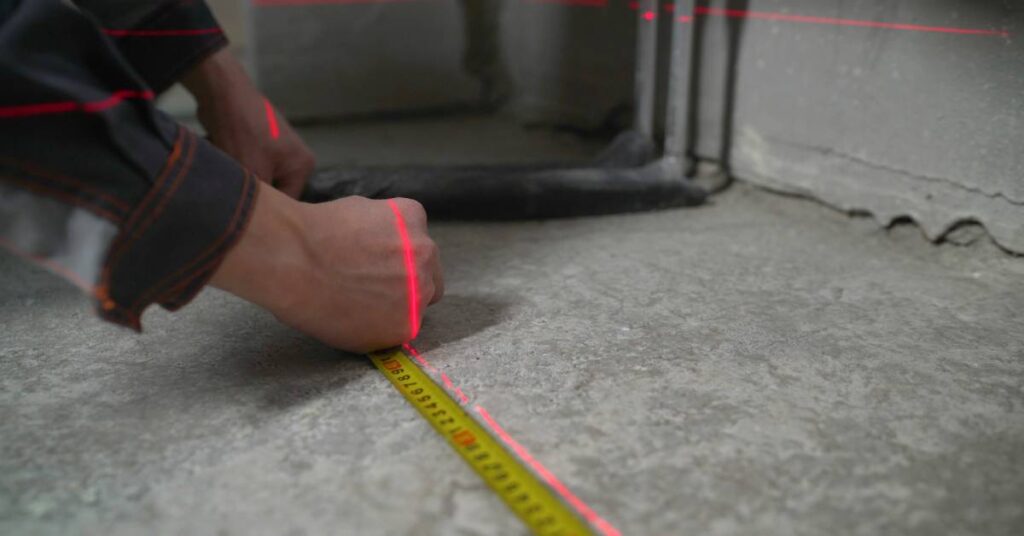When managing solvents in industrial and commercial settings, efficiency, cost savings, and environmental responsibility play pivotal roles. Investing in an in-house solvent recycler can improve these areas. However, the true value of a recycler depends on selecting the best equipment for your business. So, learn how to choose the right in-house solvent recycler with this guide.
What Are Solvent Recyclers?
Solvent recycling machines recover and purify used solvents, making them reusable for certain applications. They work by separating contaminants such as dirt, oils, or chemicals from the pure solvent through distillation or filtration.
This allows businesses to reduce waste, lower the cost of purchasing fresh solvents, and minimize the environmental impact of solvent disposal. With a solvent recycler, companies can operate more sustainably without compromising the quality of their processes.
Assess Solvent Usage and Capacity Requirements
Calculate how much solvent your business processes each month. Include typical usage as well as peak periods when demand increases. For instance, a production facility might consume more solvents during seasonal surges, while smaller workshops may have consistently lower usage.
Specific data on your monthly solvent use helps you match your requirements to the right solution. Ignoring this step can lead to operational inefficiencies, either from underpowered systems or oversized equipment.
Match Machine Capacity to Your Needs
Once you understand your usage, align it with the available machine capacities. Solvent Waste Management offers options ranging from 8-gallon to 70-gallon units, catering to diverse operational needs.
For businesses with modest solvent consumption, an 8-gallon machine offers sufficient output without occupying excessive floor space. Midsize operations like regional metal fabrication facilities might use a 30-gallon solvent cleaning machine. Large operations, such as manufacturing plants, benefit from the 70-gallon model.
Selecting the correct capacity ensures the recycler integrates seamlessly into your workflow, keeps up with production demands, and minimizes energy waste.
Account for Business Growth
Consider potential growth when selecting a machine. If you anticipate scaling production or taking on new projects, opt for a unit that accommodates future increases in solvent use.
For example, upgrading a small-capacity recycler prematurely due to expanded operations can disrupt workflows and add unnecessary expenses. A machine that meets your projected needs will adapt as your business grows.

Evaluate Cost Efficiency
Investing in a solvent recycling machine goes beyond the upfront price. Break it down into its full cost of ownership, which includes ongoing savings from reclaiming solvents and reducing disposal fees. Fresh solvent purchases and hazardous waste transfers are a significant portion of operational budgets.
A high-quality recycler minimizes both costs, recovering usable materials within hours. For example, replacing monthly bulk solvent orders with reclaimed solvent from a recycler can deliver consistent, measurable savings. Look at your overall solvent expenses to quantify these long-term advantages.
Calculate Return on Investment
To measure the financial value of a machine, calculate its return on investment (ROI). Analyze how quickly your purchases and disposal costs decrease once recycling starts. For instance, facilities that manage solvent recycling on-site often recover up to 90 percent of their used solvents. Apply your data—such as waste volumes and solvent pricing—to estimate how soon the machine will pay for itself.
Plan Long-Term Efficiency Gains
Cost efficiency isn’t a one-time benefit. Over time, the savings from lower solvent requirements and disposal needs compound, strengthening your financial position.
For example, businesses that reinvest recovered operating costs can fund other resources, like new equipment or sustainability initiatives. Additionally, reducing reliance on external suppliers for fresh solvents improves budgeting flexibility, giving you stronger control of your operations.
Consider Space and Operational Setup
Choose the right in-house solvent recycler based on space and operational setup. First, measure the available space, considering floor dimensions and accessibility. Smaller units like the 8-gallon recycler are excellent for businesses with tight layouts or space restrictions. Large-scale operations benefit from bigger models like the 55- or 70-gallon recycler, which handles high volumes of waste within expansive facilities.
Regardless of the machine, new equipment should enhance your existing processes. Assess whether the solvent recycler can adapt to your workflow without significant changes. Standalone systems suit businesses needing independent recycling solutions, while integrated units support compatibility with existing equipment.
For example, a recycler that connects to waste streams simplifies handling, increasing productivity. Review how each machine aligns with your production process to avoid disruptions or inefficiencies.
Plan for Installation and Operation
Proper planning ensures a hassle-free installation. Check the machine’s power and ventilation requirements to confirm they meet facility standards. For businesses upgrading to a larger unit, such as the 30- or 55-gallon models, consider services that assist with installation and training.
Operational efficiency begins with employees understanding how to operate the machine safely and effectively. Training resources offered by manufacturers like Solvent Waste Management help teams adapt quickly. Organizing setup and operational procedures in advance maximizes productivity from day one.
Prioritize Ease of Use, Safety, and Maintenance
The functionality of a recycling machine directly affects how well it integrates into your existing processes. Machines with straightforward controls and intuitive interfaces make daily operations seamless for employees. Besides functionality, safety is another consideration when choosing a solvent recycler.
The ideal machine includes built-in features such as thermal monitoring, automatic shutdown, and clear warning indicators. These mechanisms ensure safe operation in environments where solvent recycling involves hazardous materials. When safety and usability align, the machine becomes a reliable addition to your facility.
Furthermore, maintenance impacts the longevity and consistent performance of a recycling machine. Units with robust designs and durable components require less frequent servicing, saving time and labor. For example, a recycler with corrosion-resistant materials or self-cleaning mechanisms keeps maintenance schedules simple and predictable.
A high-quality machine should operate effectively with only occasional basic servicing, ensuring minimal disruption to daily operations.
Alignment With Sustainability Goals
Choosing a solvent recycling machine goes beyond meeting operational needs; it should align with your company’s sustainability goals. Every organization defines sustainability differently, so assess how this equipment can support your objectives.
Machines that recover and reuse high percentages of solvents reduce waste and optimize resources. For instance, if conserving raw materials is part of your strategy, look for a recycler that efficiently processes your solvent types. Selecting equipment that integrates with your sustainable vision reinforces your commitment to responsible business practices.

Make the Right Choice for Your Business
Choosing the right solvent recycler is a strategic investment that impacts your operations, sustainability goals, and bottom line. By carefully evaluating your needs and future growth, you can select equipment that drives efficiency and reduces waste.
At Solvent Waste Management, we provide high-quality solvent recycling solutions. Our expertise and industry-leading products ensure you get the most value from your investment. Contact us today to explore our machines.

